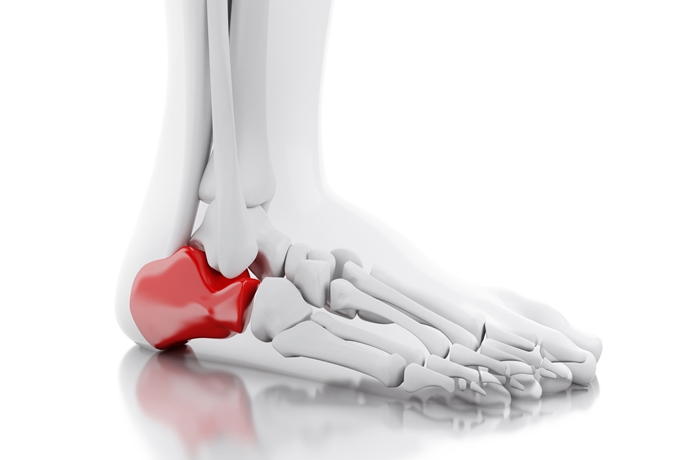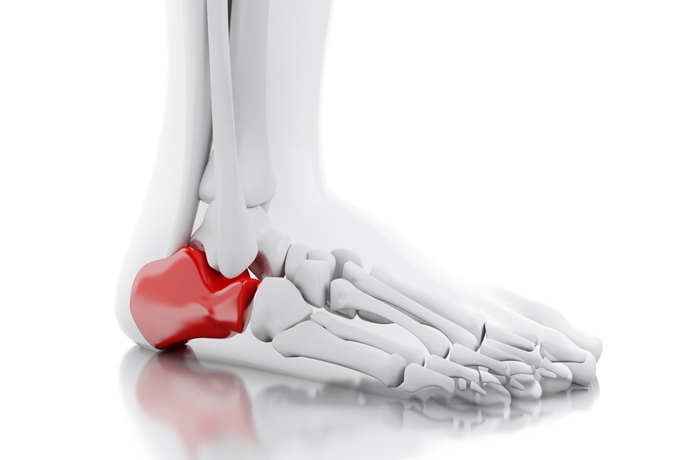
A new study published in the journal Tissue Engineering suggests that magnetic mesenchymal stem cells (MSCs) can be used to improve the outcome of certain stem cell treatments. The research team, led by Japanese researcher Naosuke Kamei, MD, Ph.D, has found that their new procedure is safe and beneficial for tissue repair.
Mesenchymal stem cells are multipotent cells that can differentiate into several types of cells, including cartilage cells. They are one of the most powerful types of stem cells in the human body, because of their regenerative potential.
One of the challenges of using MSCs to repair cartilage tissue is getting the stem cells to travel to the right location within the body. In most cases, many of the transplanted cells do not make it to the site of the injury and are simply absorbed by other parts of the body.
The researchers decided to use magnetic forces to guide the MSCs to the correct location. They equipped MSCs with superparamagnetic iron oxide nanoparticles (SPIOs) and used an external magnetic field to guide the cells to their destination.
They discovered that the technique dramatically improved the outcome of the procedure, leading to greater tissue repair. The researchers also found that the procedure was completely safe.
The study was published under the title “In Vitro Safety and Quality of Magnetically Labeled Human Mesenchymal Stem Cells Preparation for Cartilage Repair“. The researchers assessed the safety of the magnetically labeled MSCs by looking at colony formation assays, karyotyping, and total proliferation. They only found negligible differences compared to a standard stem cell transplant.
John A. Jansen, DDS, Ph.D., Professor and Head, Department of Biomaterials, Radboud University Medical Center, said of the breakthrough: ”The dedicated delivery of MSC’s to the defect site is a major step forward in the clinical use of MSC’s for tissue regeneration.“
Source: Can magnetic stem cells improve cartilage repair?
{{cta(‘d62560c2-336a-4f88-9683-44a37a5bd7fd’)}}


